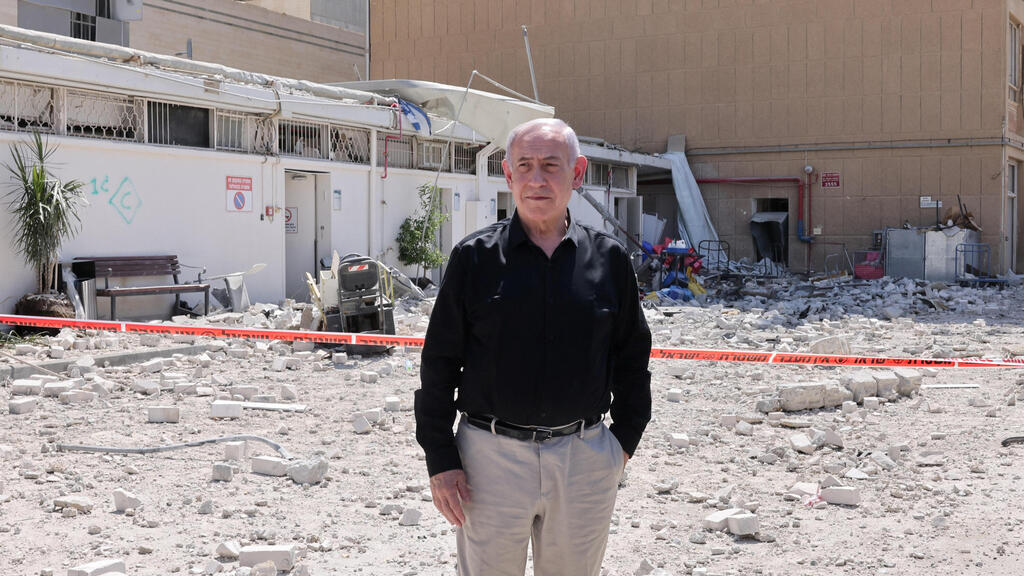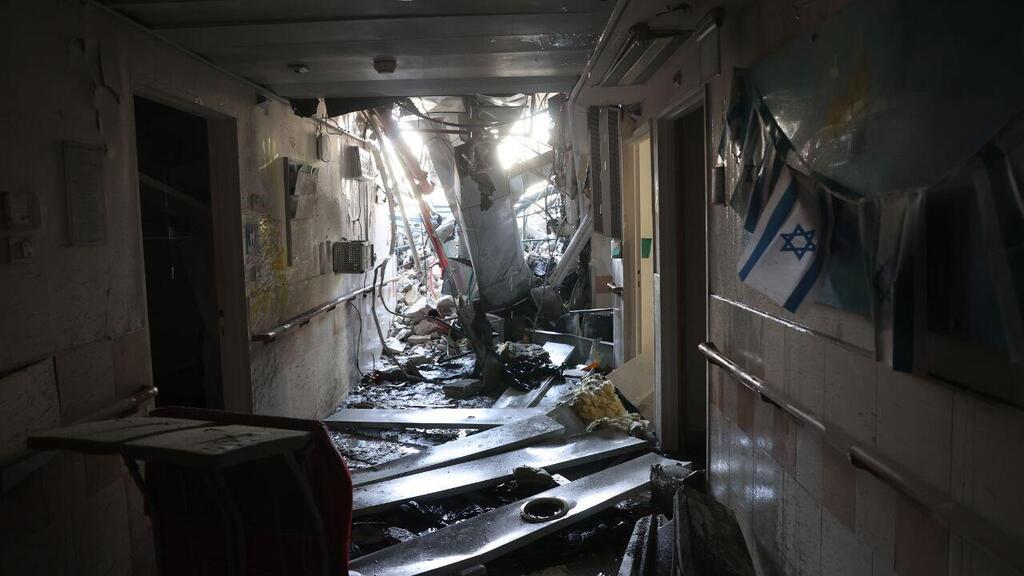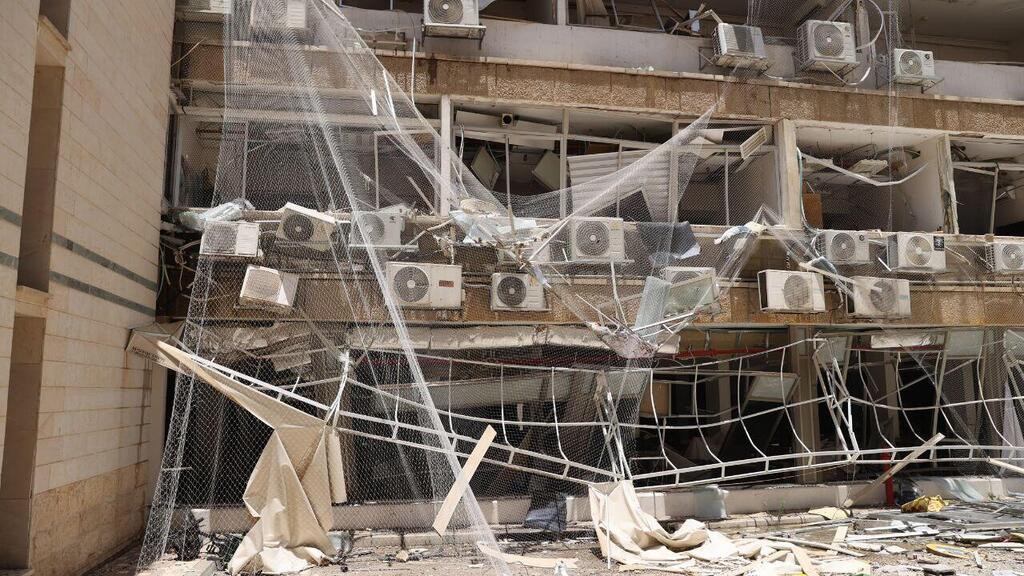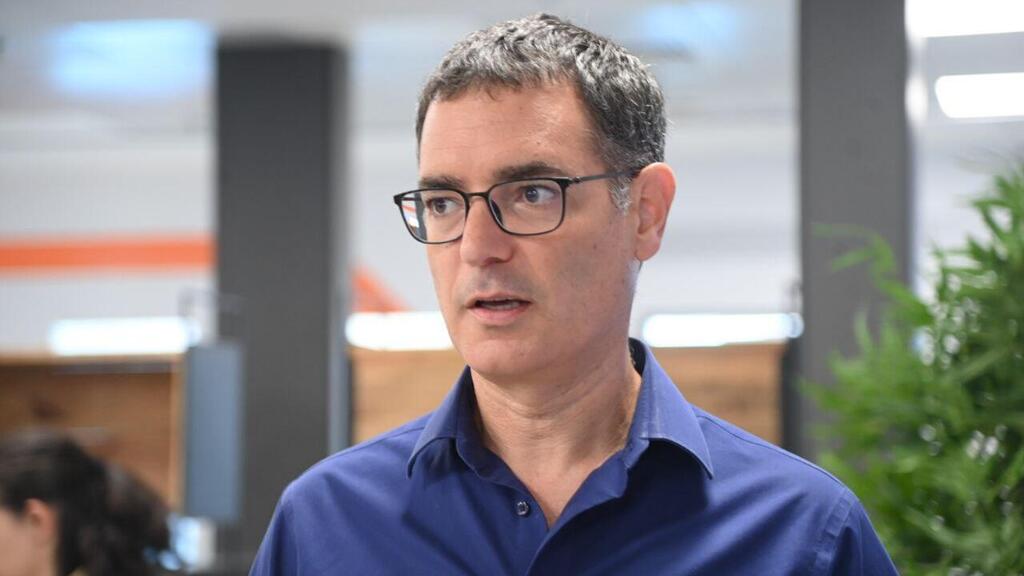Some will call the director’s choice a remarkable coincidence, others will speak of Hashgacha Pratit – divine providence. Therein lies the eternal human dilemma—do we choose to view events through a cosmic lens or simply as the result of random, naturally occurring events?
In the realm of the Jewish people’s military triumphs, we can turn to history for guidance. When the Six-Day War erupted in June 1967, an outnumbered Jewish David faced up against an Arab Goliath. The Israeli soldiers were outnumbered ten to one—a ratio that nearly guaranteed their annihilation, not victory. As the way progressed and the tides turned on the Arab aggressors, it became clear that Israel had won a stunning upset. In the wake of such a startling success, two perspectives emerged — one natural and one divine.
Yael Dayan, daughter of the famed Israeli General Moshe Dayan and herself a battlefield correspondent, entered the sacred Tomb of Rachel in Bethlehem after Israel’s upset victory. The Tomb had been closed off to Jews for 19 years, and people flocked to the recently liberated site. Dayan recorded her experience in her gripping memoir “A Soldier’s Diary: Sinai 1967.” She describes the scene: Religious men in black coats stood there thanking their “invisible God,” while she found herself thanking Yoram and Uri—flesh-and-blood Israeli soldiers who bled and fought for the miracle she had witnessed.
For Dayan, the explanation was clear: superior training, tactical brilliance, and the indomitable spirit of Jewish warriors, not an invisible deity, were to thank.
Dayan’s interpretation can be contrasted with that of Brigadier General S.L.A. Marshall, the U.S. Army’s chief combat historian during World War II and Korea. He was no armchair analyst or extremist religious fanatic— he was a brilliant military strategist who had chronicled many of the 20th century’s great wars. After studying the Six-Day War in meticulous detail, Marshall wrote “Swift Sword: The Historical Record of Israel’s Victory.” His conclusion was stunning: There is no way to explain this military victory other than by a pure miracle.
4 View gallery


Prime Minister Benjamin Netanyahu at Soroka Medical Center
(Photo: Marc Israel Sellem/Pool via REUTERS)
A man whose life’s work was to analyze battlefield tactics, strategic maneuvers and global events looked at the Six-Day War and essentially said: “This defies every rule of warfare I know.” To this day, West Point famously refuses to teach the Six-Day War in its curriculum because, as military educators concluded, when the fundamental lesson of a battle is “it was a miracle,” there’s nothing tactical to extract. No strategies to study. Just divine intervention.
The main difference between General Marshall and Yael Dayan when confronted with the inexplicable is the consequences. For Marshall, acknowledging a miracle costs him nothing. Once he wrote his analysis and collected his fee, he could return to his comfortable life in America. The existence of an active, intervening G-d doesn’t require him to change his schedule, his habits or his worldview.
But for Yael Dayan—and for each of us—admitting that there’s a G-d who participates in history is terrifying. If G-d saved the Jewish people in 1967; if he guided Moshe Bar Siman-Tov’s instincts in 2025, then it may cause us to question our preconceived ideas about G-d and our responsibilities as Jews.
The three-thousand-year-old scrolls gathering dust in the synagogues might be more than just quaint Bronze-Age folktales. Perhaps the mitzvot our grandparents observed so dutifully weren’t outdated superstitions but, in fact, are divine blueprints for living. Ultimately, it may cause us to think there’s more we can do on our end to embrace our Jewish identity. There might be something we owe G-d in return for his divine protection.
The Lubavitcher Rebbe once said that every Jew living in Israel has faith, whether they know it or not. For if they didn’t believe in Hashem’s divine protection, there would be no logical reason for them to live in a country surrounded by enemies bent on their destruction. For as the Midrash states, the Jewish People are like a solitary sheep surrounded by 70 hungry wolves, and it’s only our heavenly Shepherd who defends us.
After October 7, and even more so after the latest war with Iran, people began to grapple in earnest with this dilemma. Many of the hostages, including Omer Shem Tov, Sasha Trufanov and Eli Sharabi, stuck in the terror tunnels of Gaza, began to have faith in G-d. This faith inspired them to begin keeping Shabbat, saying prayers, and start wrapping Tefillin when they were released.
There was no coercion. But they understood something crucial. When we acknowledge miracles—divine interventions in our lives—it requires us to act differently.
When we recognize G-d’s hand in current affairs, we have a responsibility to engage with our heritage, study those ancient texts, observe those time-honored traditions, and embrace a level of Jewish identity more than just ‘Seinfeld and Shmears’ (not that there’s anything wrong with those).
In the short term, it may be easier to thank ‘Yoram’ and ‘Uri’ than to thank Hashem. It’s less troublesome to praise Bar Siman-Tov’s acute management acumen than to consider that the G-d of our ancestors may have had a hand in guiding his decision-making.
When we admit that G-d is still active in real-time Jewish history — still protecting the Jewish people with the same power that split the Red Sea and delivered us from Egyptian bondage — then we can no longer treat our Judaism as just an ethnic identity or cultural curiosity.
From the Soroka Hospital to the Six-Day War, from our personal close calls to our national survivals, miracles surround us daily. The question is whether we have the courage to embrace them and then respond with an additional good deed. The Hebrew word miracle is neis – which also means “raise up”. Every time G-d performs a miracle, he raises us up to a higher level of consciousness so we can leap, plunge and charge forward in our Jewish lives.







